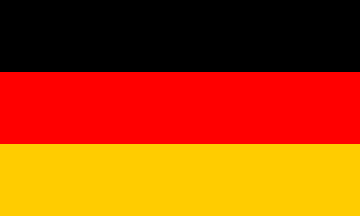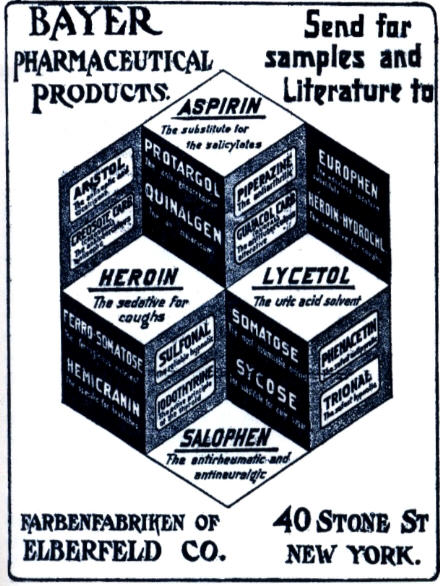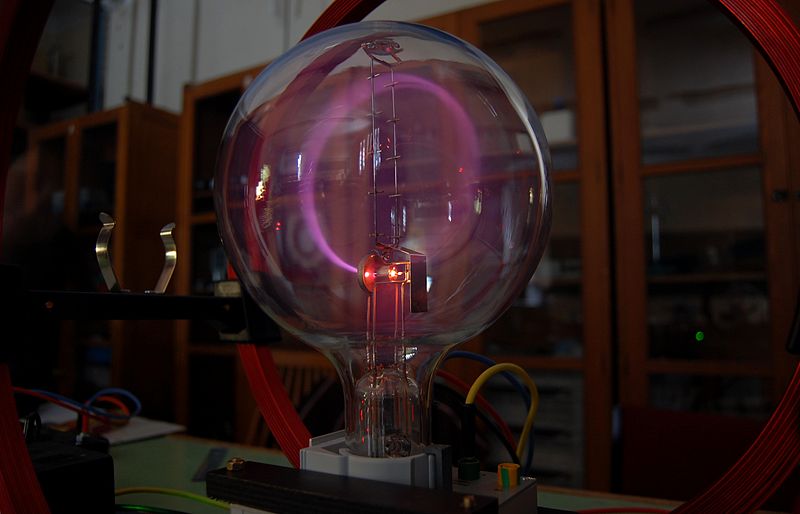Scientific Events
X-Rays discovered by Texas
During 1895 Röntgen was investigating the external effects from the various types of vacuum tube equipment apparatuses from Heinrich Hertz, Johann Hittorf, William Crookes, Nikola Tesla and Philipp von Lenard when an electrical discharge is passed through them. In early November, he was repeating an experiment with one of Lenard's tubes in which a thin aluminium window had been added to permit the cathode rays to exit the tube but a cardboard covering was added to protect the aluminium from damage by the strong electrostatic field that is necessary to produce the cathode rays. He knew the cardboard covering prevented light from escaping, yet Röntgen observed that the invisible cathode rays caused a fluorescent effect on a small cardboard screen painted with barium platinocyanide when it was placed close to the aluminium window.
Although the new rays would eventually come to bear his name in many languages where they became known as Röntgen Rays, he always preferred the term X-rays. Nearly two weeks after his discovery, he took the very first picture using x-rays of his wife's hand, Anna Bertha. When she saw her skeleton she exclaimed "I have seen my death!
Option 1: Exploit the advantage - gain a one-off 10 IC (available this turn)
Option 2: Continue to invest researching further - gain 20 science IC
Option 3: Spread the knowledge to the wider world - gain 100 cultural points.
Synthetic Aspirin is invented in France
In 1897, chemists produced a synthetically altered version of salicin, derived from the species, which caused less digestive upset than pure salicylic acid. The identity of the lead chemist on this project is a matter of controversy.
Option 1: Exploit the advantage - gain a one-off 10 IC (available this turn)
Option 2: Continue to invest researching further - gain 20 science IC
Option 3: Spread the knowledge to the wider world - gain 100 cultural points.
Electron is discovered in Librulstan
In 1896, the ex-British physicist J. J. Thomson, with his colleagues John S. Townsend and H. A. Wilson, performed experiments indicating that cathode rays really were unique particles, rather than waves, atoms or molecules as was believed earlier. Thomson made good estimates of both the charge e and the mass m, finding that cathode ray particles, which he called "corpuscles," had perhaps one thousandth of the mass of the least massive ion known: hydrogen. He showed that their charge to mass ratio, e/m, was independent of cathode material. He further showed that the negatively charged particles produced by radioactive materials, by heated materials and by illuminated materials were universal. The name electron was again proposed for these particles by the ex-Irish physicist George F. Fitzgerald, and the name has since gained universal acceptance.
Option 1: Exploit the advantage - gain a one-off 10 IC (available this turn)
Option 2: Continue to invest researching further - gain 20 science IC
Option 3: Spread the knowledge to the wider world - gain 100 cultural points.
Cultural Events
The 1896 Summer Olympics, officially known as the Games of the I Olympiad, was a multi-sport event celebrated in Athens, Greece, from April 6 to April 15, 1896. While only a demonstration of what could be achieved, 80,000 people were at the opening ceremony, but many professionals were unable to attend due to prior commitments.
The results of the events in - Athletics, Cycling, Fencing, Gymnastics, Shooting, Swimming, Tennis, Weightlifting, Wrestling, - were as follows;
Canada - 110 cultural points
- Gold : Gym Team, 100m freestyle
- Silver: Cycle 100km
- Bronze: 800m, 1500m, Cycle 12hour
Xi'an - 190 cultural points
- Gold : Shot put, Cycle sprint, Military Rifle, Free pistol, Wrestling
- Silver:
- Bronze: 100m, Cycle sprint, Vault, Military Rifle
Tawantinsuyo - 210 cultural points
- Gold : 100m, 800m, Cycle 12hour, Pistol rapid
- Silver: 1500m, Marathon, Triple jump, Cycle Road Race
- Bronze: Cycle Road race
Medina - 210 cultural points
- Gold : Triple jump, Cycle 10km
- Silver: Discus, Cycle sprint, Cycle Time trial, Horizontal bar, Parallel bars, 1-hand lift
- Bronze: Marathon, Shot put, Cycle Time trial
Saorise - 170 cultural points
- Gold : 1500m, Cycle Road race, Wrestling
- Silver: High jump, Pistol 25m
- Bronze: Pommel horse, Pistol rapid, Mens Tennis singles, Mens Tennis doubles
California - 60 cultural points
- Gold : Pistol 25m
- Silver:
- Bronze: High jump, Parallel bars, Sailors freestyle
CSA - 100 cultural points
- Gold : Rings, Mens Tennis singles
- Silver: Sabre
- Bronze: 400m, 100m hurdles
Librulstan - 80
- Gold : Sailors freesytle
- Silver: 100m freestyle
- Bronze: Cycle 10km
Yakutsk - 230 cultural points
- Gold : High jump, Horizontal bar, Mens Tennis doubles, 2-hand lift
- Silver: Pommel horse, Rope, Vault
- Bronze: Sabre, Rings, Rope, Pistol 25m, 1200m freestyle
Swaziland - 290 cultural points
- Gold : 400m, Pole vault, Pommel horse, Rope, Vault, Free Rifle, 1-hand lift
- Silver: 800m, Free Rifle, Free Pistol
- Bronze: Cycle 100km, Foil
Siam - 220 cultural points
- Gold : Marathon, Discus, Cycle Time trial, Parallel Bars
- Silver: Pistol rapid, Sailors freestyle, Mens Tennis doubles, 2-hand lift
- Bronze: Gym Team, 2-hand lift
France - 150 cultural points
- Gold : 110m hurdles,
- Silver: 100m, Pole vault, Long jump, Foil
- Bronze: Free pistol, 1-hand lift, Wrestling
Russia - 210 cultural points
- Gold : Cycle 100km, Foil, Sabre
- Silver: 400m , Shot put, Cycle 10km, Gym Team, Mens Tennis singles
- Bronze: Discus, Horizontal bar
Colombia - 150 cultural points
- Gold : Long jump
- Silver: 110m hurdles, Cycle 12hour, Rings, Military Rifle
- Bronze: Pole vault, Long jump, Triple jump, Free Rifle
NOTE: Gold - 30 cultural points, Silver - 20 cultural points, Bronze - 10 cultural points
Swaziland dominated the first Olympic Games and gets another 100 cultural points bonus
Not competing were, Australia, Bosnia, Germany, Librulstan, Southern Han
The Dreyfuss Affair in France
The Dreyfus Affair began when a bordereau (detailed memorandum) offering to procure French military secrets was recovered by French agents from the waste paper basket of Maximilian Von Schwartzkoppen, the military attache at the German Embassy in Paris. Blame was quickly pinned upon Alfred Dreyfus a young French artillery officer who was in training within the French Army's general staff.
Hold Alfred Dreyfus Trial
Option 1: Find Alfred Dreyfus guilty of treason - stability loss 50% chance
Option 2: Find Alfred Dreyfus not guilty of treason - lose 10 armies and 2 navies (effectiveness)
Option 3: Reserve judgement until more evidence comes to light - can not go to war for two turns until matter is resolved
Volleyball started in C.S.A.
On February 9, 1895, William G. Morgan, a YMCA physical education director, created a new game called Mintonette as a pastime to be played preferably indoors and by any number of players. The game took some of its characteristics from tennis and handball. Another indoor sport, basketball, was catching on in the area, having been invented only four years before. Mintonette was designed to be an indoor sport less rough than basketball for older members of the YMCA, while still requiring a bit of athletic effort.
Option 1: Attempt to get it as a summer Olympics sport - gain 100 cultural points
Option 2: Create a national league and competition - gain 1 new city in Great Lakes
Option 3: Ignore the game and it will decline - minus 25% stability loss chance
Natural Disasters (2 Disasters)
A typhoon has struck Shanghai destroying 11 factories in the province.
Famine has struck in Ethiopia and cost it to lose 50% IC production this turn in the province.






























